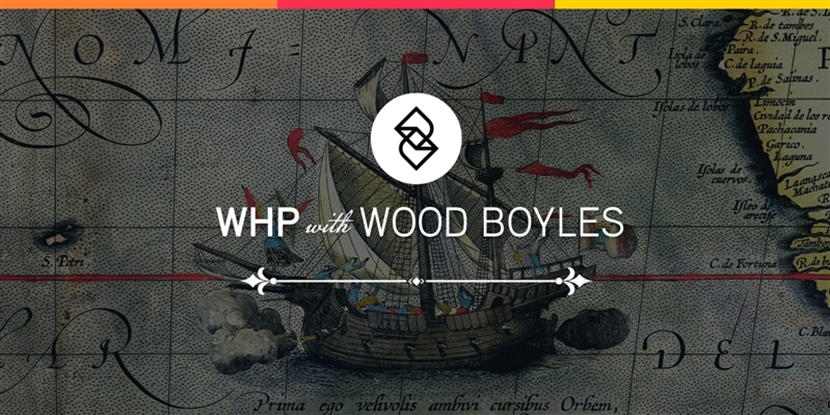World War II is generally considered the most devastating global conflict in history. But it is also considered a “good war.” How can both of these things be true? This video will help us understand these descriptions of the Second World War.
Driving Question: Was the Second World War a good war and a war for democracy?
- Wars are messy things. We like to think of them as being the good guys against the bad guys, but they hardly ever are, right? But the Second World War is a bit different. It’s the war that has always been called the good war, because it was a war in which the democracies of the world fought against the authoritarians, the fascists, the Nazis.
- Certainly, the Axis powers—Japan, Italy, Germany—were the aggressors who started the war by illegally invading independent countries. And the Axis powers were responsible for great atrocities, even before 1939, and certainly after. And it’s hard to argue with the statement that Hitler was evil. While the Axis powers role is pretty clear cut on the bad guys side, it gets a little more complicated when we ask whether the Allied powers—the US, Britain, France, the Soviet Union, and allies—were good guys. For example, the Soviets had become an undemocratic, authoritarian state under Stalin, who himself can be considered one of the biggest mass murders of all time. The British Empire kept its colonies from having freedom, and the US interned the Japanese upon the start of the war, and used nuclear warfare.
Word of the Day: Propaganda
- Definition: Information or opinions that are made public to promote or attack a movement, cause, or person.
- An example of this is, “Keep Calm and Carry On”, which the British came up with during the Battle for Britain. Propaganda was a big part of getting people to buy into World War II. The Nazis even had a Minister of Propaganda.
Lesson
- Watch World War II Crash Course World History in Lesson 7.3 on Khan Academy.
- While you watch this video, think about the question John Green raises—why is it important that the Soviet Union was undemocratic and yet an allied power? What does it mean for how we should interpret this war?
Historian’s Journal Prompt
- Go online and find something that you think qualifies as a piece of propaganda. Record it in your historian’s journal and explain why you think it’s propaganda. It could be an advertisement, a meme, or something you see on social media. Do you see anything that’s trying to influence public opinion?

